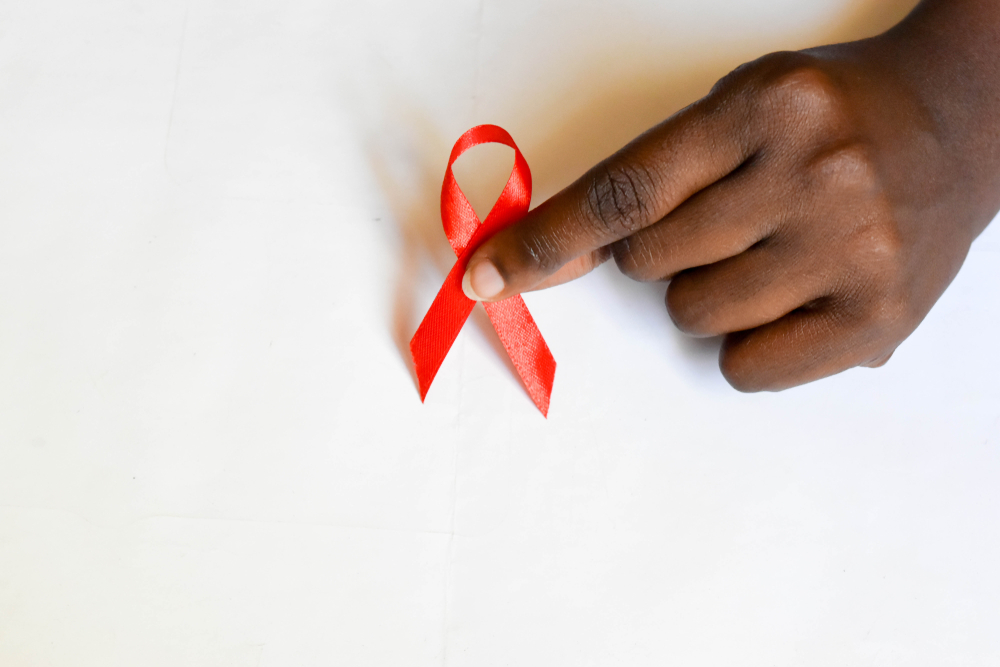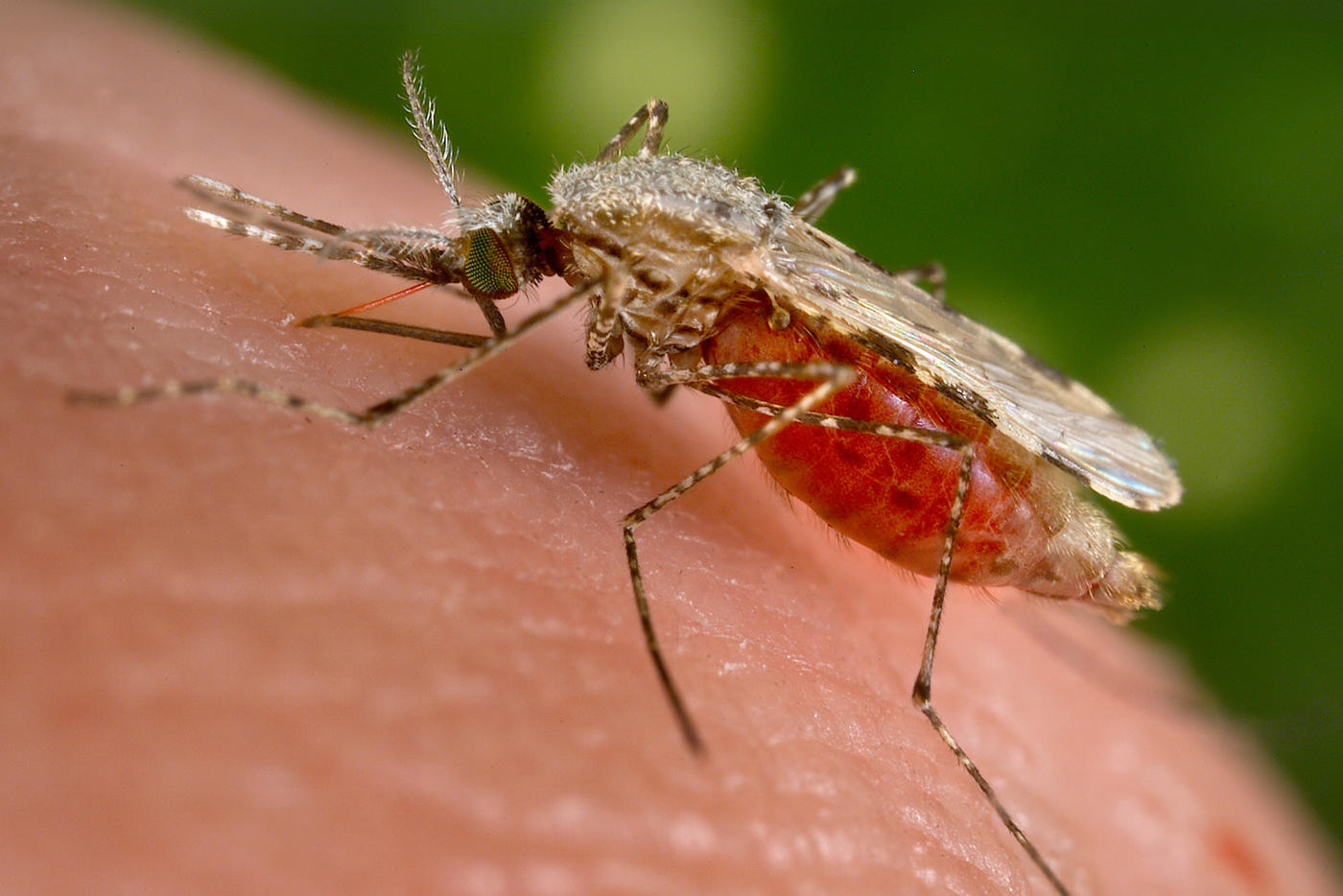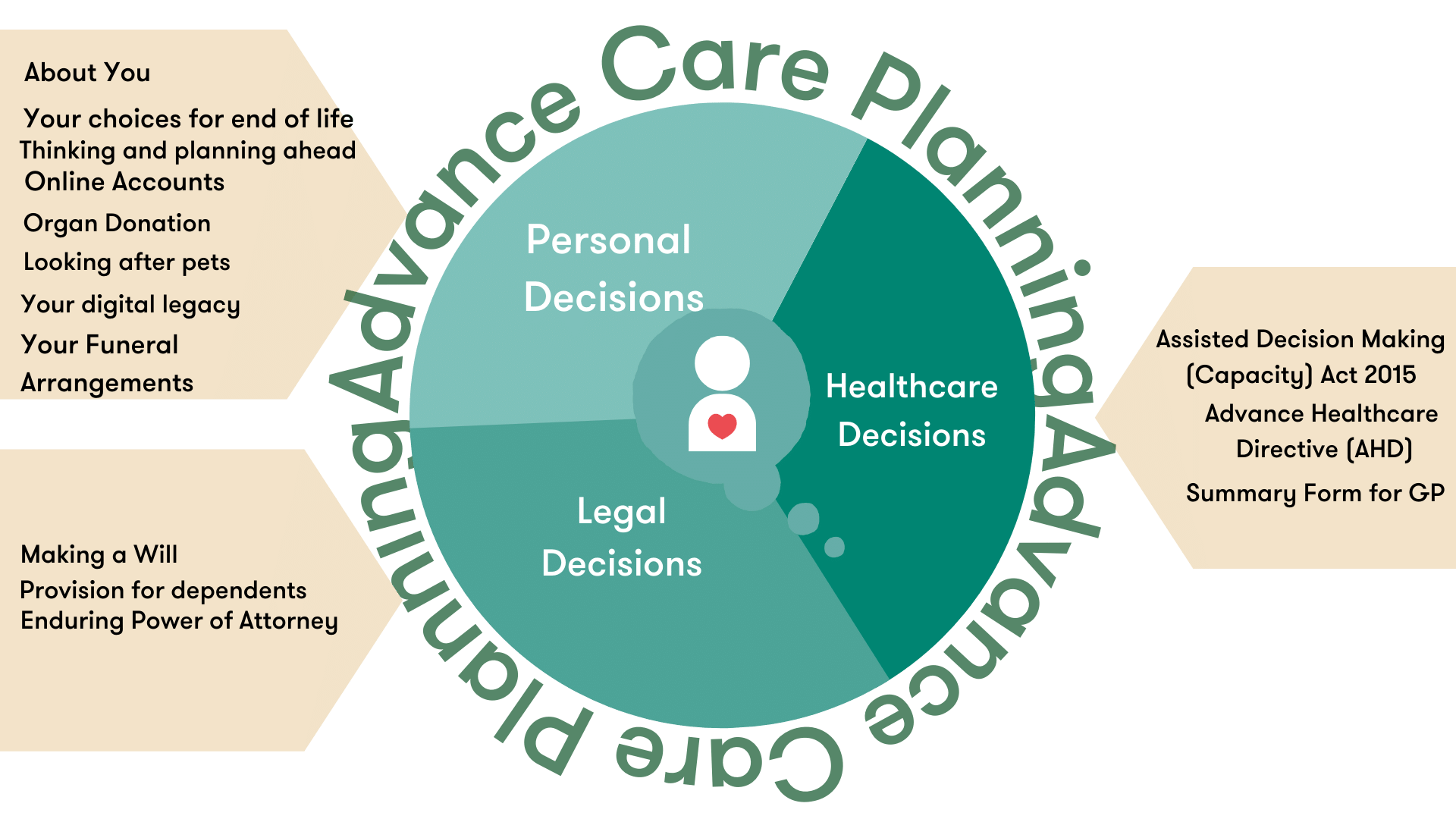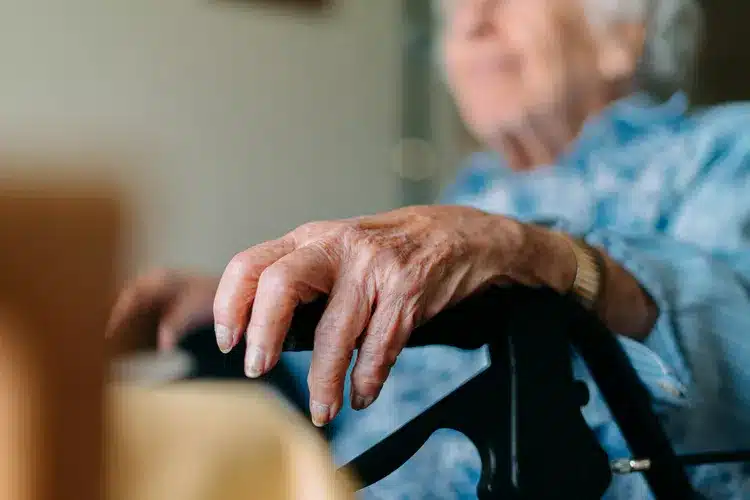HIV and sex life
HIV/AIDS and Sexuality: Handling Closeness, Partnerships, and Sexual Wellness
Having a fulfilling sexual life, relationships, and intimacy are still desired by people living with HIV/AIDS. But the virus brings with it new complexity that need to be understood and adjusted to. The relationship between HIV/AIDS and many facets of sexuality is examined in this article.
Table of Contents

HIV/AIDS’s Effect on Sexuality
HIV and sex life
- Physical Changes: Sexual function may be impacted by physical changes brought on by HIV and its treatment. These include discomfort, exhaustion, adverse drug reactions, and altered body image.
- Emotional and Mental Health: Sexual desire, self-assurance, and general intimacy can all be strongly impacted by depression, anxiety, and other mental health issues related to HIV.
- Discrimination and Stigma: The stigma associated with HIV can impede the pursuit of satisfying relationships and sexual expression by causing feelings of shame, loneliness, and fear of rejection.
Keeping a Healthy Sexual Life While Living with HIV
HIV and sex life
- Effective Treatment: Antiretroviral treatment (ART) adherence dramatically lowers viral load and greatly inhibits HIV transmission. This enables people living with HIV to have sex in a safer way without endangering the health of their partner.
- Open Communication: It’s important to be truthful and upfront about your HIV status when speaking with possible partners. Informed consent is made possible, anxiety is decreased, and relationships are strengthened as a result.
- safer sexual behavior: The prevention of HIV and other sexually transmitted infections (STIs) still depends on the consistent use of condoms and other barrier techniques during sexual activity.
- Handling Sexual Dysfunction: Individuals living with HIV frequently have sexual dysfunction. Addressing certain issues and enhancing sexual happiness can be facilitated by consulting a doctor and learning about available treatments.
Developing Positive Connections with HIV
HIV and sex life
- Support Systems: Getting in touch with other HIV-positive people may be a huge source of knowledge, empathy, and a feeling of community.
- Counseling and Therapy: Using therapy to address emotional and mental health issues can greatly boost one’s self-worth, self-assurance, and general well-being while also promoting healthier relationships.
- Positive Disclosure: Although not required, sharing one’s HIV status with possible partners enables people to make educated decisions and establish sincere, trusting relationships.
In summary
HIV and sex life
It shouldn’t be impossible to have a satisfying sexual life and pursue meaningful relationships while living with HIV/AIDS. People with HIV can navigate their sexuality with confidence and have healthy, personal relationships by being aware of the possible obstacles, prioritizing successful treatment, engaging in safe sexual behavior, and seeking assistance.





Recent Comments